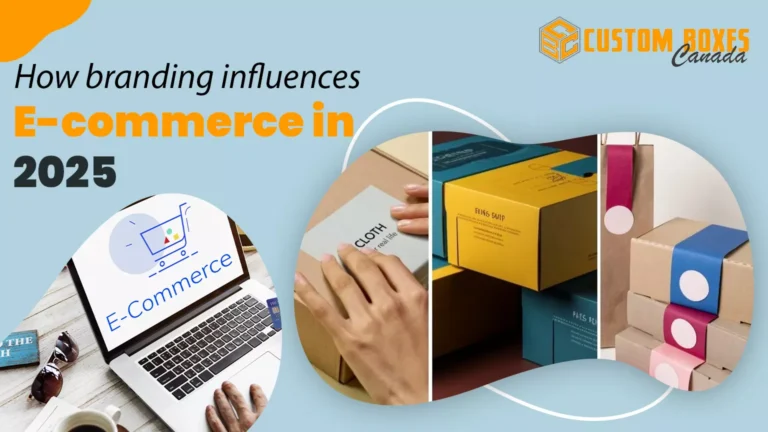Packaging is a very important aspect for businesses across the world. It refers to the process of designing and manufacturing the wrappers of products. It serves the process of protecting and storing the product. It can also be used for other purposes such as branding or marketing. It can serve as a tool to build massive customer following and as a mode of communication. Following are some important aspects of packaging:
The Importance of Packaging for Businesses
Packaging is a crucial aspect for businesses worldwide. It involves designing and manufacturing product wrappers to protect, store, and promote products. It also serves as a powerful tool for branding, marketing, and customer engagement.
Why Packaging Matters
Packaging has become indispensable in today’s world. Its functions have evolved over the years to provide innovative solutions that enhance customer experience and product protection.
Key Reasons for Packaging Importance:
- Product Protection: Shields products from damage and external factors.
- Customer Experience: Creates a positive and lasting impression.
- Market Success: Influences customer choices and drives business growth.
Benefits of Packaging
Packaging offers numerous advantages that help businesses succeed in competitive markets.
Key Benefits Include:
- Branding: Acts as a free advertisement tool.
- Protection: Safeguards products against damage.
- Preservation: Extends product shelf life.
- Communication: Conveys brand messages and product details.
- Convenience: Simplifies handling, usage, and storage.
Types of Packaging
Packaging can be classified into three main categories based on its function:
- Primary Packaging: Direct contact with the product (e.g., bottles, wrappers).
- Secondary Packaging: Groups primary packaging (e.g., cartons, boxes).
- Tertiary Packaging: Used for bulk shipping and storage.
Common Packaging Materials
Various materials are used in the packaging industry, each with unique properties:
- Glass: Ideal for beverages; recyclable.
- Plastic: Lightweight and cost-effective but environmentally hazardous.
- Cardboard: Biodegradable, versatile, and protective.
- Metal: Commonly used for canned foods.
Packing vs. Packaging
Though often used interchangeably, these terms have different meanings:
- Packing: Involves placing items into containers or boxes for shipping.
- Packaging: Refers to the protective outer covering used for branding and product safety.
Elements of Effective Packaging Design
An ideal packaging design balances aesthetics with functionality. Key features include:
- Sustainability: Eco-friendly and recyclable materials.
- Branding: Consistent logos, colors, and brand messages.
- Functionality: Easy handling, storage, and usability.
Packaging in Different Industries
Packaging plays a pivotal role across various sectors:
- Food Industry: Prevents spoilage and extends shelf life.
- Pharmaceutical Industry: Ensures sterilization and accurate dosage instructions.
- Retail Industry: Boosts product visibility and sales.
- E-commerce Industry: Protects products during shipping.
- Cosmetics Industry: Creates premium unboxing experiences.
Environmental Impact of Packaging
Despite its benefits, packaging can harm the environment in several ways:
- Resource Depletion: Consumes natural resources like trees and water.
- Pollution: Non-biodegradable materials, such as plastics, cause environmental damage.
- Greenhouse Effect: Packaging-related emissions contribute to global warming.
Smart Packaging Strategies
Businesses can adopt eco-friendly strategies to reduce environmental harm:
- Reducing: Use minimal packaging without compromising quality.
- Reusing: Opt for reusable materials like glass.
- Recycling: Use recyclable materials such as paper and cardboard.
Packaging Policies in Canada
Canadian businesses must adhere to specific packaging regulations:
- Labeling Requirements: Accurate product composition labeling.
- Extended Producer Responsibility: Businesses are responsible for proper packaging disposal.
- Innovation Support: Funding for eco-friendly packaging development.
Conclusion
Packaging has evolved into more than just product protection; it’s a vital business asset that fosters brand identity and customer loyalty. By embracing eco-friendly practices, businesses can mitigate its environmental impact.
Partner with Custom Boxes Canada
Looking to enhance your packaging solutions? Custom Boxes Canada offers a wide range of designs to elevate your brand’s presence.
Contact us today and take your packaging game to the next level!









